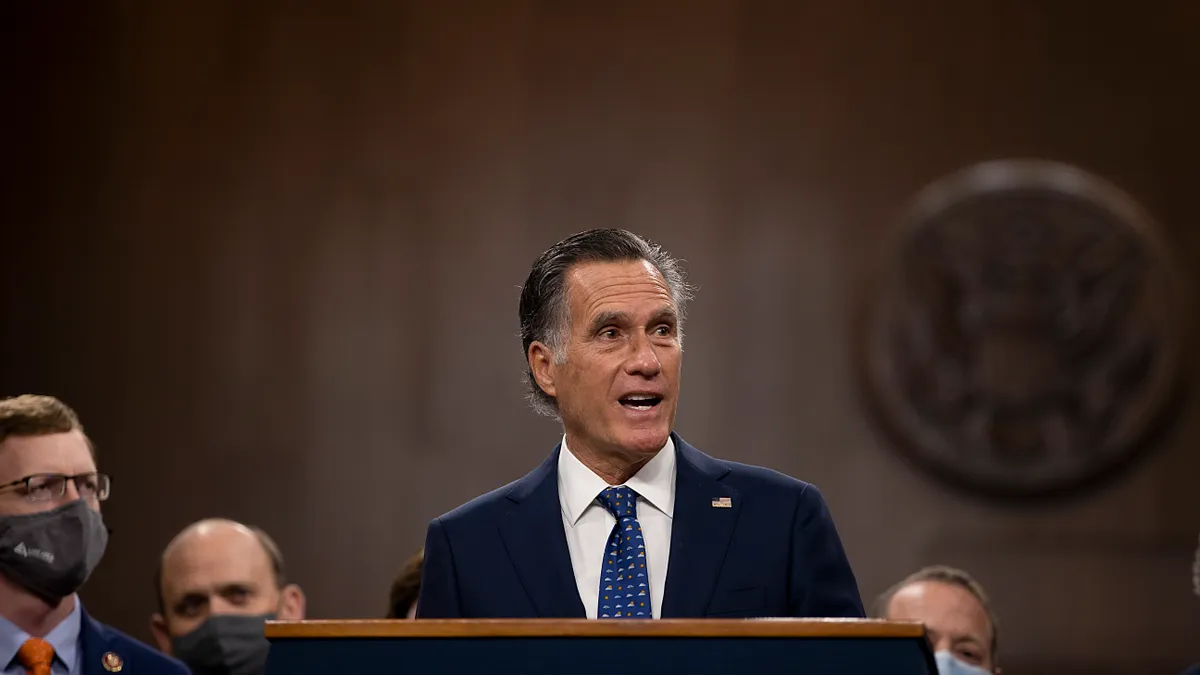The Strategic EV Management Act, meant to expand the reuse and recycling of end-of-life electric vehicle batteries in federal fleet vehicles, passed the U.S. Senate last Wednesday as part of the annual defense budget. The defense bill now awaits President Joe Biden’s signature.
The EV bill, which previously passed the Senate in September as a standalone bill, is now included in its entirety in the Fiscal Year 2023 National Defense Authorization Act.
The bill calls for federal agencies such as the General Services Administration and the Office of Management and Budget to collaborate with the U.S. EPA, manufacturers and recyclers to create a strategic plan for reusing and recycling EV batteries. It also encourages collaboration with scientists, labs and startups working on such projects. Additionally, the bill calls for a report on how costs to operate and maintain electric vehicles in the federal fleet compare with costs for vehicles with combustion engines.
The updated version of the bill also calls for “guidelines for disposing electric vehicle batteries that cannot be reused or recycled.”
Bill sponsor Sen. Mitt Romney, R-Utah, applauded the bill’s inclusion in the larger defense bill. “The NDAA is one of the most important pieces of legislation Congress passes,” he said in a statement.
Romney, along with fellow bill sponsors, sees a strong EV recycling program as a key way to keep valuable minerals needed for battery production, such as cobalt and lithium, within the U.S. Including the EV bill in the defense budget will help “decrease our dependence on foreign adversaries like China when it comes to our critical mineral supply,” he said.
The EV bill is co-sponsored by Sens. Gary Peters, D-Mich.; Richard Burr, R-N.C.; and Bill Hagerty, R-Tenn.
Other sections of the more than 4,000-page defense bill also call for the Department of Defense to offer grants or contracts to battery producers for innovations or improvements to batteries used for defense purposes. Those grants or contracts could also apply to “expanding, validating, or assessing battery recycling capabilities.”
The bill also calls for the Department of Defense to create a policy to increase the amount of batteries it recycles. That policy would need to be created within a year of the bill’s passage and is meant to ensure “elements of strategic importance,” such as cobalt and lithium, stay in the U.S. supply chain. Recycling through methods such as pyroprocessing, hydroprocessing, direct cathode recycling or upcycling should be part of the policy, the bill states.
















